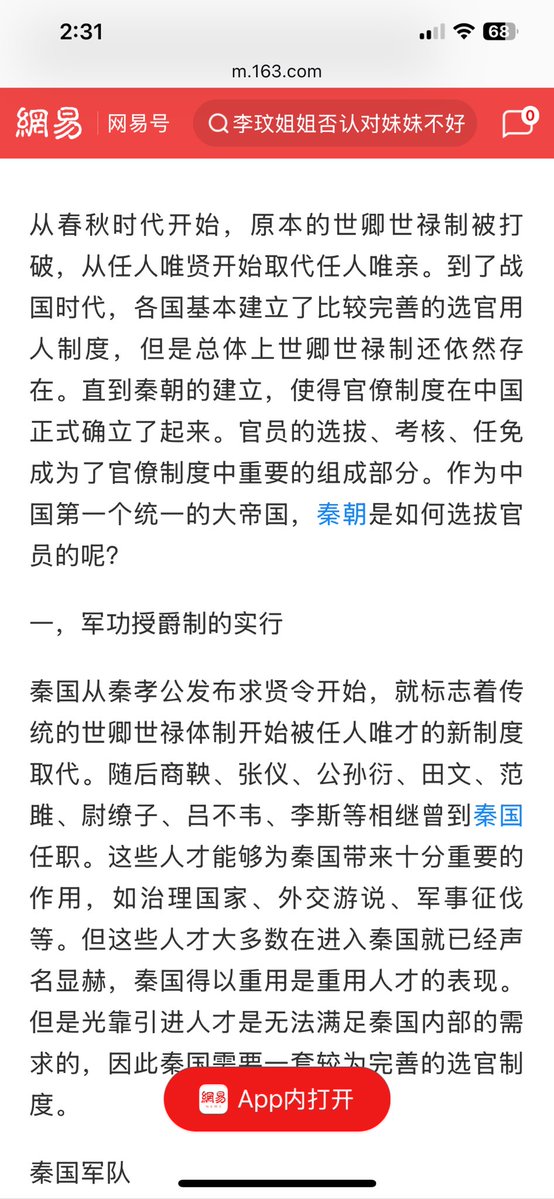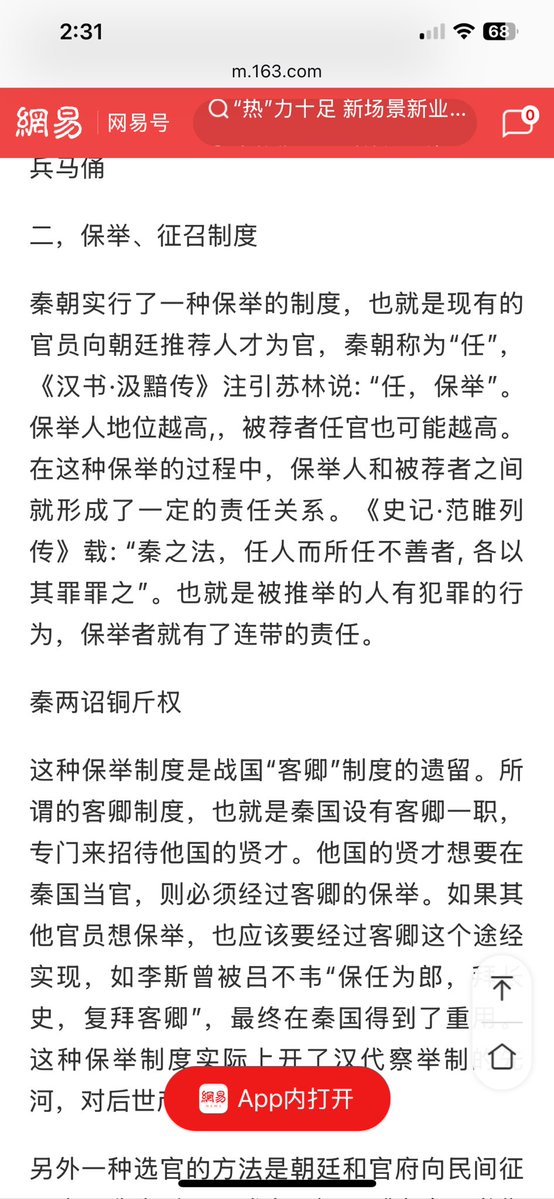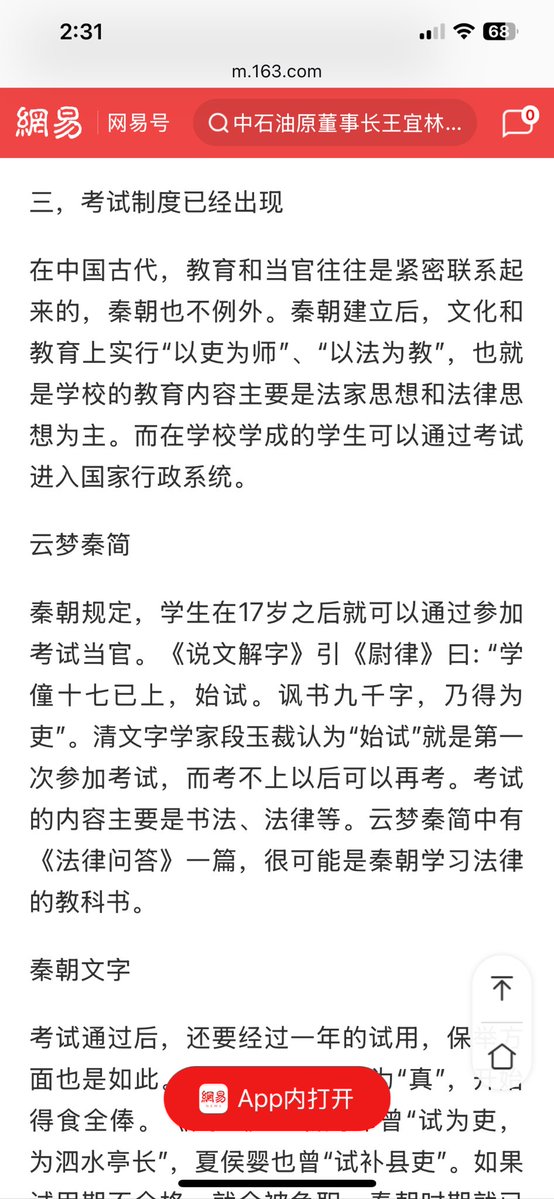The selection system for officials during the Spring and Autumn period was hereditary, meaning that official positions were controlled by families. By the time of the Qin Dynasty, this began to change with the introduction of military nobility, recommendations, and examinations. In the Han Dynasty, the primary method used was the recommendation system, where local officials would recommend candidates, effectively granting local leaders full authority over personnel matters. This is also why the power of officials like the Inspector during the Three Kingdoms period was so significant. Later, during the Eastern Jin Dynasty, the system was reformed into the Nine Ranks System, where dedicated personnel (the organization department) would assess talents and assign ranks accordingly, which would then determine official appointments. However, it is important to note that "upper ranks have no commoners, lower ranks have no aristocrats," indicating that good official positions were still held by prominent families. Subsequently, the imperial examination system emerged. Although landlords still had an advantage in the examinations, it at least provided a theoretical path for commoners and even the poor to rise.
It can be seen that the ancient Chinese official selection system was constantly evolving. In my opinion, the system during the Qin Dynasty was quite advanced, while the Eastern Han period represented a regression, possibly due to the Han Dynasty's level of unification not being as strong as that of the Qin Dynasty.
In contrast, neighboring India has remained restricted by the caste system, which persists to this day.
Who is the lighthouse, and who is the cesspool?



免责声明:本文章仅代表作者个人观点,不代表本平台的立场和观点。本文章仅供信息分享,不构成对任何人的任何投资建议。用户与作者之间的任何争议,与本平台无关。如网页中刊载的文章或图片涉及侵权,请提供相关的权利证明和身份证明发送邮件到support@aicoin.com,本平台相关工作人员将会进行核查。




